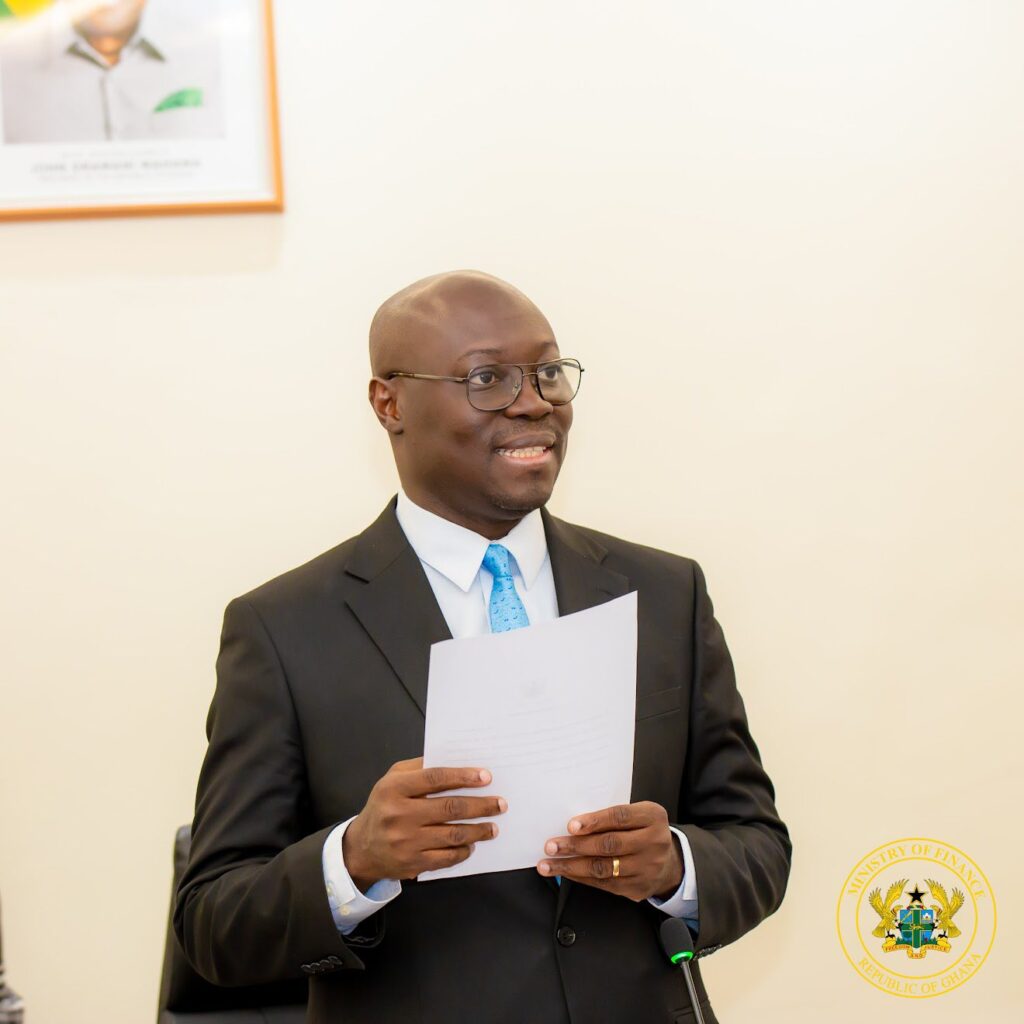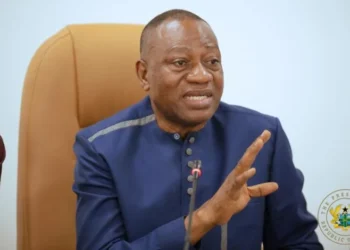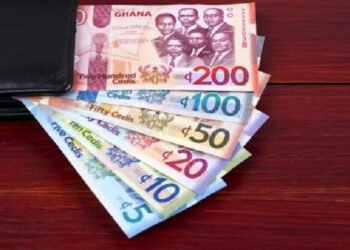Ghana’s Finance Minister, Dr. Cassiel Ato Forson, has firmly dismissed suggestions that the recent appreciation of the Ghanaian cedi is a temporary phenomenon.
In a strong defence, Dr Forson stressed instead that the local currency’s resurgence is the result of calculated and disciplined economic policymaking aimed at fostering lasting stability and growth.
Speaking at a meeting with the leadership of the Food and Beverage Association of Ghana (FABAG), the Ajumako Enyan Essiam MP took the opportunity to reassure businesses and the wider public that the strengthening of the cedi reflects the early gains of sustained economic recovery measures put in place by the government.
“I want to use this opportunity to assure all of you that what you are seeing — the appreciation of the cedi — will not only continue but will be sustained”.
Dr Cassiel Ato Forson, Ghana’s Finance Minister
The cedi has witnessed a marked improvement in recent weeks, appreciating against major trading currencies including the US dollar.
As of the latest data from the Bank of Ghana, the cedi is trading at GH¢13.29 to the dollar on the interbank market — a significant gain from the over GH¢16 levels recorded earlier this year.
This turnaround has sparked cautious optimism across financial markets and among local businesses that have long struggled with the volatility of the currency.
According to Dr. Forson, this performance is no coincidence. He insisted that the current trend is a reflection of deliberate, evidence-based planning anchored in fiscal discipline, prudent monetary coordination, and renewed confidence from global financial partners.

“The stability and appreciation you are witnessing is not a knee-jerk reaction; it is the product of careful, well-thought-out planning,” he said, noting that the government’s commitment to economic transformation is unwavering.
Dr. Forson further highlighted that his team’s economic recovery programme is rooted in three central goals: stabilising the local currency, reducing inflation, and generating sustainable jobs.
“This is not a nine-day wonder. There will be stability, the cedi will be stronger, and we expect you to support these efforts so that Ghanaians can feel the impact”.
Dr Cassiel Ato Forson, Ghana’s Finance Minister
His comments were particularly significant to members of FABAG, a group whose operations are deeply affected by fluctuations in the exchange rate, as the cost of importing raw materials and equipment often rises with the depreciation of the local currency.
With the cedi showing signs of strengthening, many in the business community are hopeful that the cost pressures that have driven inflation and eroded profit margins may finally begin to ease.

Dr. Forson’s reassurances also come on the back of positive developments in Ghana’s engagement with the International Monetary Fund (IMF).
The government recently secured a staff-level agreement with the IMF for the fourth review under Ghana’s Extended Credit Facility programme.
The agreement is expected to pave the way for the disbursement of approximately $370 million, a critical tranche that will further bolster the country’s external reserves and reinforce investor confidence.
The Finance Minister emphasized that this new injection of funds is not merely a temporary buffer but part of a broader strategy to rebuild macroeconomic stability and confidence in Ghana’s fiscal outlook.
“We are not just seeking support; we are working to restore discipline, rebuild trust with investors, and make sure that Ghanaians feel the change through stable prices and a stronger currency”.
Dr Cassiel Ato Forson, Ghana’s Finance Minister
The currency’s appreciation is a welcome relief, particularly for import-heavy sectors and consumers battling inflation.
The government’s ability to sustain these gains will be tested in the months ahead. Structural reforms, fiscal responsibility, and external factors such as global commodity prices and US dollar strength will all play a role in determining the longevity of the cedi’s rebound.

Nonetheless, Dr. Forson remains optimistic and resolute. His message to stakeholders is clear: Ghana’s economy is on a path of recovery, and the gains being recorded — including the appreciation of the cedi — are neither accidental nor short-lived.
They are the fruits of difficult but necessary decisions taken to chart a more sustainable economic future for the country.
As the government works to translate these macroeconomic gains into improvements in livelihoods and business conditions, the Finance Minister is urging all sectors of the economy — including private enterprise, trade groups, and labour — to support the broader effort.
“Let us all support these gains so that the benefits reach every Ghanaian,” he concluded.
READ ALSO: Ghana Reaffirms Commitment to Transparency, Accountability























